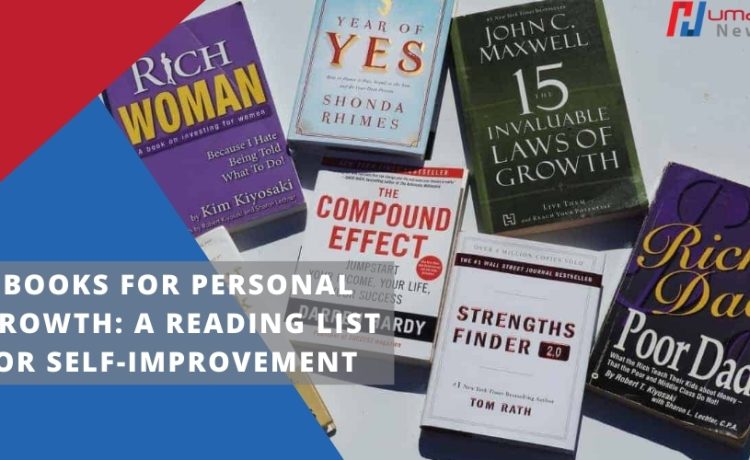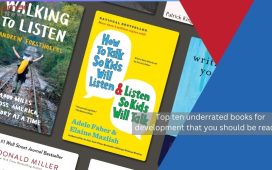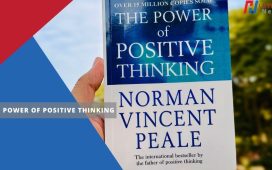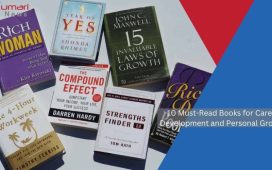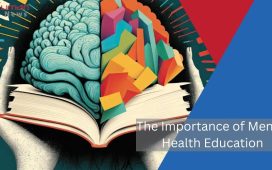Introduction
Personal growth is a lifelong journey that involves continuous learning and self-discovery. Books can be powerful tools for personal development, offering insights, inspiration, and practical advice. Here are five books that can help you on your path to personal growth:
1. “The 7 Habits of Highly Effective People” by Stephen Covey
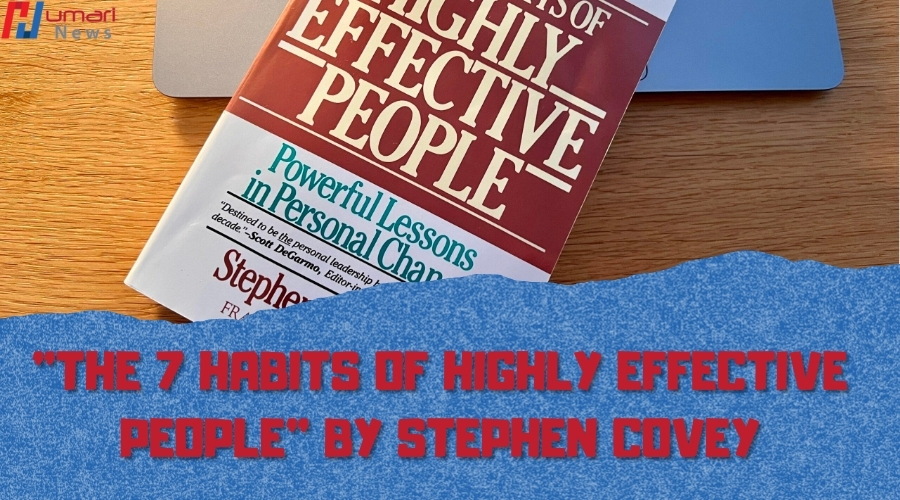
This classic book outlines seven principles that can help you become more effective and successful in both your personal and professional life. Covey emphasizes the importance of proactive thinking, beginning with the end in mind, putting first things first, thinking win-win, seeking first to understand, then to be understood, synergizing, and sharpening the saw.
2. “Atomic Habits” by James Clear
In “Atomic Habits,” James Clear provides a practical guide to building good habits and breaking bad ones. He explains the science behind habit formation and offers strategies for creating small, incremental changes that can lead to significant results over time.
3. “Mindset” by Carol Dweck
Carol Dweck’s “Mindset” explores the concept of fixed and growth mindsets. A fixed mindset believes that abilities are innate and cannot be changed, while a growth mindset believes that abilities can be developed through effort and practice. This book encourages readers to adopt a growth mindset, which can lead to greater resilience, motivation, and success.
4. “The Power of Habit” by Charles Duhigg
Charles Duhigg’s “The Power of Habit” delves into the science behind habits and how they can be changed. By understanding the habit loop, readers can learn to break bad habits and form new, positive ones. Duhigg also explores the role of habits in shaping individuals, organizations, and societies.
5. “Emotional Intelligence: Why It Can Matter More Than IQ” by Daniel Goleman
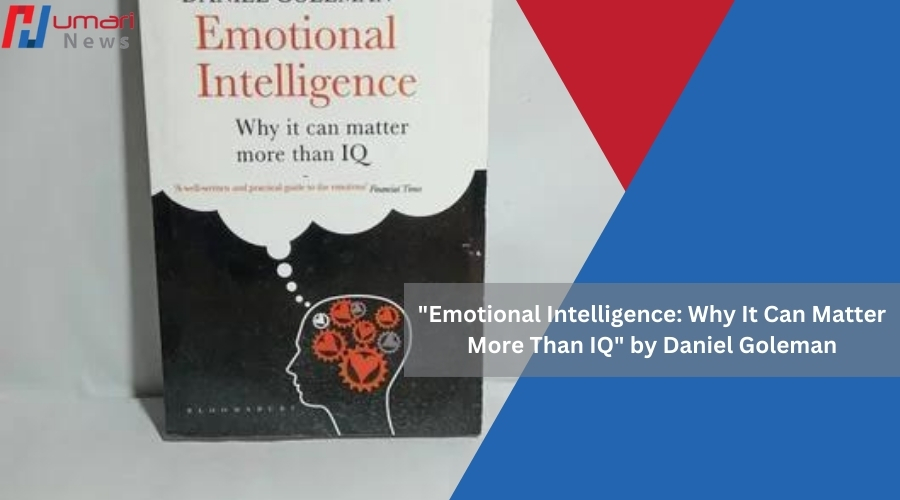
In this book, Daniel Goleman explains the importance of emotional intelligence in personal and professional success. He provides practical strategies for developing your emotional intelligence, including self-awareness, self-regulation, social skills, and empathy.
Additional Recommendations
While the five books mentioned above are excellent starting points for personal growth, there are many other valuable resources available. Here are a few additional recommendations:
- “Grit: The Power of Passion and Perseverance” by Angela Duckworth: This book explores the concept of grit, which is the ability to stick with a goal over the long term. Duckworth argues that grit is a key predictor of success in various fields.
- “The Happiness Hypothesis” by Jonathan Haidt: This book explores the science of happiness and offers practical strategies for increasing well-being. Haidt draws on research from psychology, philosophy, and other fields to provide insights into the nature of happiness.
- “The Alchemist” by Paulo Coelho: This inspirational novel tells the story of a young shepherd named Santiago who embarks on a journey to fulfill his personal legend. It’s a powerful story about following your dreams and overcoming obstacles.
By reading a variety of books on personal growth, you can gain a deeper understanding of yourself and the world around you. Remember, the key to personal growth is continuous learning and self-reflection.
A Note on Reading
When reading personal growth books, it’s important to be patient and consistent. Don’t expect immediate results. Instead, focus on the process of learning and self-discovery. Take time to reflect on the ideas presented in the books and apply them to your own life.
Additionally, consider joining a book club or discussion group to share your thoughts and experiences with others. This can provide valuable insights and support on your journey of personal growth.
Conclusion
These five books offer valuable insights and practical advice for personal growth. By incorporating the principles and strategies outlined in these books into your life, you can develop new skills, overcome challenges, and achieve your goals. Enjoy the process of learning and self-discovery.

